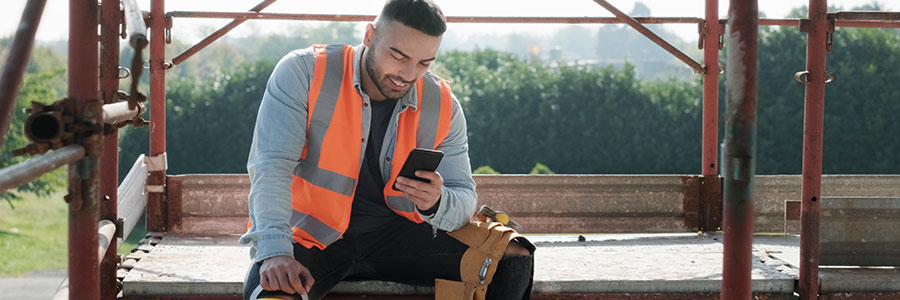
During the initial stages of the Covid-19 pandemic, the property market grew as people looked to purchase additional properties in the UK. As a result, just under £500bn worth of property changed hands last year and as expected, HMRC wants to make sure that it is given its share of property tax.
There have been a number of tax changes implemented such as a cut to landlord relief but many are being brought in this year for the first time, so let’s take a look at those.
Capital Gains Tax Changes
The time associated with the payment of Capital Gains Tax following the sale of a property has doubled. Instead of the original 30 days, they now have 60 days and there is a belief that this has been extended to ensure that returns to HMRC are more accurate.
Holiday Let Owners
If you own a holiday property that you let out then you should know that the reduced VAT rate that was brought in temporarily has ended. It actually ended in March 2022 and so, a rate of 20% should be charged after this date.
Residential Property Developer Tax
For any profits that are made from residential property development activities that total more than £25m then an additional 4% will be charged. This is a tax that was brought in in April 2022.

Commercial To Residential Development
There will be a 5% VAT charge to those developments where commercial properties are converted into dwellings whereby the number of dwellings within a building is altered. An example of this would be a HMO being converted into a single house. There will also be VAT applied to the renovation of residential properties that have been vacant for more than two years.
There are no VAT charges added to the fees of surveyors or architects but the 5% VAT charge will be applicable to the materials that are used as well as the property itself. So, this could be the floors, windows, stairs and plumbing among many other things. However, there is more because the 5% will also be applied to the likes of heating, drainage water and the installation of kitchens and bathrooms. These tax charges will apply, regardless of whether the items have been purchased by the owner of the property or a construction company.

Upon completion of the project and the property is sold, it is then possible to submit a VAT registration in order to make a claim for the majority of costs incurred. However, if you do opt to rent out the property, then the ability to reclaim any VAT will be lost.
Stamp duty for multiple dwellings is another future change that renovators and developers should be made aware of, which will also include properties where flats are situated above a shop. Previously, lower commercial stamp duty rates would apply to the flat but now this will be changed so that flat will now be charged at the higher residential property tax rate.
So, there are many changes coming into effect and it makes sense to understand what they are and how they might impact you, so you can pay the right amount of tax and meet the expectations of HMRC.

